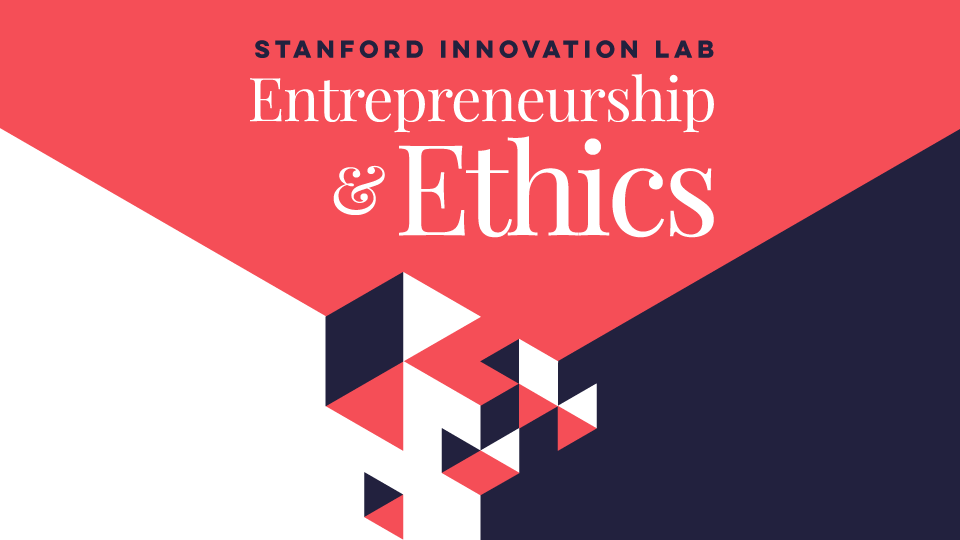
In the past several years, troubled by the parade of scandals plaguing prominent tech startups, I began to question some of the fundamental assumptions that drive how we educate our future entrepreneurs and innovators.
The vital questions swirling around the role of ethics in tech and entrepreneurship led me to co-found the Principled Entrepreneurial Action and Knowledge (PEAK) project. Connecting with colleagues around the country, I’ve had many inspiring conversations with others who are committed to teaching a values-driven approach to innovation.
This past year, I decided to record some of those conversations. In this five-episode podcast miniseries, I talk to VCs, founders and academics — as well as Theranos whistleblower Erica Cheung — in search of better ways to infuse ethical frameworks into entrepreneurship education.
Facing a Crisis with Principles
Strong, clear principles can help leaders and companies weather a storm. In the first episode of the “Entrepreneurship and Ethics” miniseries, I speak with Stanford lecturer Jack Fuchs and Jazz Pharmaceuticals CEO Bruce Cozadd about how strong principles can help a leader navigate a crisis. Fuchs discusses his “Principled Entrepreneurial Decisions” course, and Cozadd walks through a case study he first presented in that class, focusing on how he leaned on his principles when his company hit a wall during the 2008 economic crash.
Theranos Whistleblower Erika Cheung on Incentivizing Ethics
In the second episode of the “Entrepreneurship and Ethics” miniseries, I connect with Theranos whistleblower Erika Cheung. Together, we explore how she found the courage to speak up, and why she’s starting a nonprofit organization focused on creating ethical toolkits for entrepreneurs.
The Ethics of Emerging Technologies
What would an “ethics of innovation” look like? Efforts in biomedical research and computer science offer some clues. In the third episode of the “Entrepreneurship and Ethics” miniseries, I speak with fellow professors John Mitchell, chair of Stanford’s Computer Science department, and Mildred Cho, associate director of Stanford’s Center for Biomedical Ethics. Mitchell and Cho discuss emerging ethical questions posed by advances in computer science and biomedical research, and explore how efforts in their respective fields can inform ethics training for entrepreneurs and innovators of all stripes.
Teaching Ethical Entrepreneurship
What if entrepreneurship education placed ethics at the same level of importance as fundraising and product-market fit? In the fourth episode of the “Entrepreneurship and Ethics” miniseries, I speak with fellow entrepreneurship educators Laura Dunham (University of St. Thomas) and Jon Fjeld (Duke University) about how they’re elevating the role of applied ethics in entrepreneurship education.
Ethics in Venture Capital
Venture capitalists can play a unique role in infusing entrepreneurial ventures with strong ethics, values and principles. In the final episode of the “Entrepreneurship and Ethics” miniseries, I ask two leading venture capitalists — Floodgate co-founding partner Ann Miura-Ko and NEA managing general partner Scott Sandell — how the VC community can incentivize ethical leadership in the companies they fund and manage.
I hope you enjoy listening to these conversations as much as I enjoyed recording them! If you’d like to stay in the loop about our efforts to link ethics and entrepreneurship, I encourage you to sign up here for future updates on the PEAK project.







